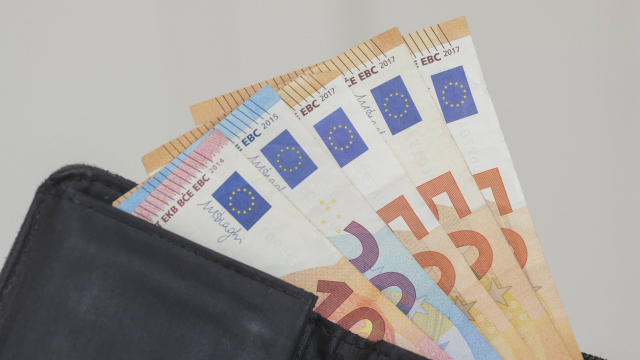Describing himself as a "euro enthusiast" he nevertheless made a strong case for Poland keeping the zloty as its currency for the forseeable future.
Despite its commitment to euro adoption in its European Union accession treaty, euro adoption would require changing the Polish constitution, Belka explained.
"The politicians will only vote for changing the constitution if they know the people support them - but they keep telling the people the euro is not good," he said.
Nevertheless, Belka made a special point of praising Latvia's own against-the-odds euro accession process saying assumptions that Latvia would be forced to devalue its currency proved wide of the mark:
"Nobody at the IMF believed you would make it, but as I put it to one journalist yesterday, the Latvians proved that they are superhumans... I'm very serious about that," Belka said.
"Europeans thought the Greeks could follow suit and do the same. Now we see that they are not able. The Latvians were."
"We understand why you have joined the eurozone and you should understand why we haven't," he said, before outlining a range of political, economic and even psychological reasons why Poles want to keep the zloty.
"We are much better prepared to be in the eurozone than a lot of countries in te eurozone itself... we are much stronger than Portugal. As a matter of fact many very strong counries in the eurozone have very strong vulnerabilities."
On the hot topic of Greece's possible exit from the eurozone, Belka sounded a warning note.
"It's true we don't know what the economic consequences of a Greek exit would be. I think European countries are underestimating the negative consequences of the exit of Greece but it will not happen overnight. There will be a painful, dirty process and it only happens if there is some mistake, some accident," Belka said.
"The Greeks themselves will not consciously leave the euro. They would tinker with some parallel currency for a time. They could default - theoretically you can be in the euro and still default.
"So I don't think Greece will leave the euro - that's not so simple."





























